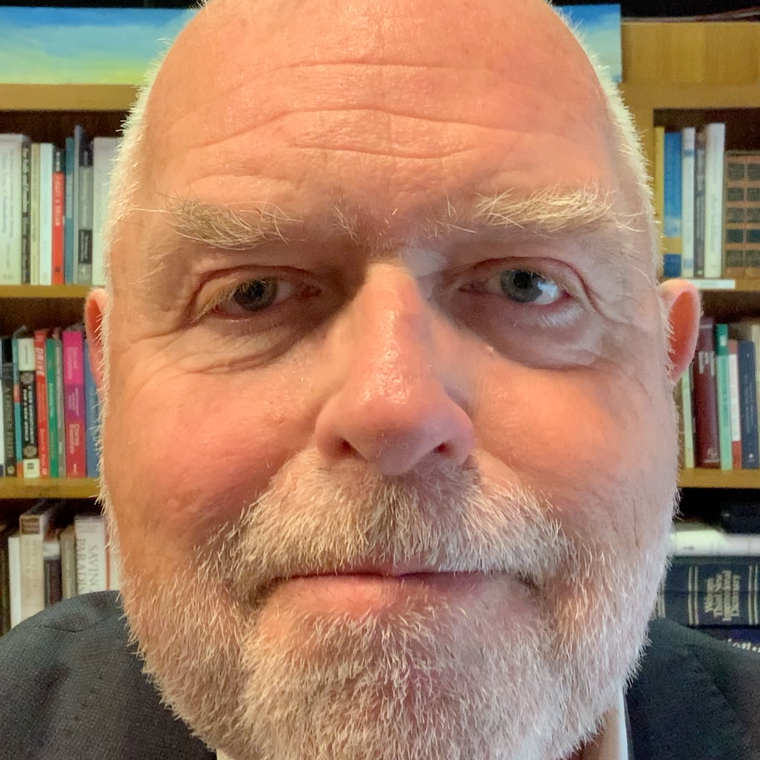
Rev. Dr. John Morehouse, Senior Minister
Much has been made of what our leaders call “social distancing." Social distancing is a catch-all phrase that means we should avoid areas where people congregate in large numbers: concerts, sporting events, schools and congregations like ours. Public health officials tell us that by distancing ourselves from one another for a prolonged time we can radically reduce the infection rate from the Covid-19 virus. They are right. Every study I have seen shows a remarkable reduction in the pandemic with social distancing, especially among our most vulnerable populations. This is why we have moved our worship and almost all of our meetings online.
Yet social distancing can have a devastating effect on those of us who live alone or who depend on others for their day-to-day survival. One of the most important benefits of congregational life is physical connection for those of us who depend on it. And that is many more of us than we might imagine. I, for one, depend on seeing and hearing from you in order to feel grounded in my ministry. Being apart, as one local official said, is not a holiday.
It’s a trial. It’s a trial to go from day to day not directly hearing another’s voice or feeling their touch. It’s a trial to only have the news and its fear-mongering as our only source of outside information. That is why we are moving as fast as we can to set-up online networks of connection in our congregation. We can’t let social distancing create even deeper problems for our souls.
The phrase social distancing is unfortunate. The more subtle undertone to social distancing is that being together is dangerous, even irresponsible. I can imagine us doing this for a short while but I am concerned that this distance might become habitual, if not tragically the new social norm, after the pandemic has passed. After all, it is easy to connect online and while that is already true for our younger generations, we all depend on face-to-face contact in order to judge emotional health for ourselves and others. Social distancing also sends the message that those places we once loved to go to -- libraries, congregations, stores, restaurants, concerts, parks -- are now suspect. Will we be able to return to our social lives after this has passed, if it lasts months?
I believe one of the reasons that the Italians suffered so much from this virus was because intimate social connection is deeply imbedded into their lives. Italians thrive on being among others, they hug and kiss even casual friends. No wonder the virus spread so quickly. Social distancing went against their entire cultural identity. And leave it to the Italians to persevere. Stories abound of families going out onto their balconies and serenading their neighbors with music, crossing the social distance with love. Ahhh, amore.
Instead of social distancing I want to promote what my colleague and former Westport church native the Rev. Marta Flanagan has called healthy spacing. The space between us is not a distance but a space we are taking to remain healthy. Renaming this as space rather than distance helps us remember that we own the space between us; it is ours to determine what is too close, at least for a time. As the pandemic lessens we will be able to naturally close that space between us and in so doing yield to the attraction of our souls for one another again. In the space between us lives a healthy tension before a reunion, much like loved ones feel for one another when they are apart.
Our love will not go unrequited. We will return to the touch, the laughter, the hug and the soul memory that is our normal way of being in community. So in the meantime, keep healthy spacing, stay in touch virtually, and dream of when we return fully to one another again.
Take good care and stay in touch,
Rev. John
